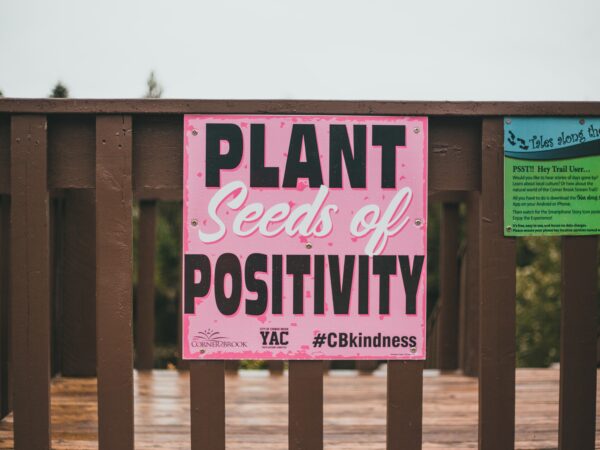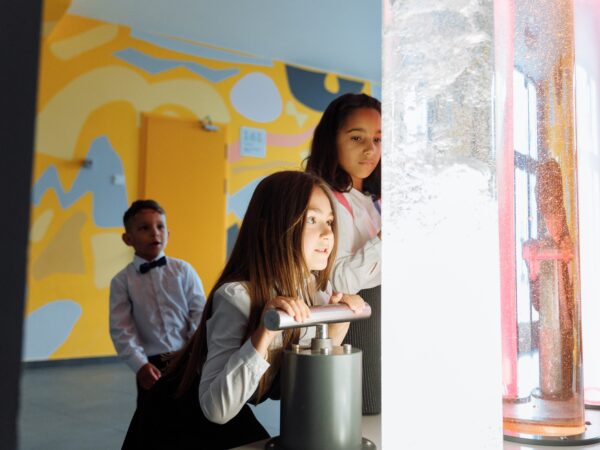Forgiveness is powerful, It have a power force that has the potential to change one’s life in various ways. It’s a concept that has been written about for centuries, and there’s a good reason for that.
Forgiveness is one of the most transformative things a person can do for themselves. It can free them of pain, anger, and resentment that they might have been carrying for years or even decades.
The act of forgiveness is a powerful way to find peace with one’s past and oneself. In this article, we’ll explore the power of forgiveness and how we can use it to find peace.
What is Forgiveness?
The easiest way to explain forgiveness is to first define what it isn’t. Forgiveness doesn’t mean that someone forgets what’s happened to them. It doesn’t mean that they excuse the behavior of those who wronged them. Forgiveness is something that is done for oneself, not for the person who hurt us.
It involves acknowledging that we’ve been hurt but choosing to let go of the anger and resentment that we’ve been carrying.
Forgiveness is a conscious decision that we make to not hold onto negative emotions towards someone who has wronged us. It’s important to note that forgiveness is not an easy decision to make. It takes time and effort to work towards forgiving someone who has caused us harm, but the benefits of forgiveness are worth it.
The Benefits of Forgiveness
Forgiveness has a variety of benefits. It can be helpful in reducing negative emotions such as anger, anxiety, and depression. It can also be helpful in reducing physical symptoms that are associated with holding onto anger and resentment, such as headaches and muscle tension.
When we forgive, we can also experience a sense of inner peace. We’re no longer held hostage by our negative emotions, and we’re free to move forward with our lives. Forgiveness has power to improve our relationships with others. Holding onto anger and resentment can make it challenging to connect with others, but when we let go of those feelings, we can create space for healthier and more authentic relationships.
Forgiveness and Finding Peace with One’s Past
The past is something that we can’t change. We’ve all experienced things that have hurt us or caused us pain. However, we have the power to change how we feel about those experiences. Forgiveness is a powerful tool for finding peace with one’s past.
When we hold onto anger and resentment towards something that’s happened in our past, we’re essentially giving that experience power over us.
We’re allowing it to control our emotions and our lives. Forgiveness is a way to take back that power. It’s a way to acknowledge that something painful has happened in our past but to choose not to let it control our lives any longer.
Forgiveness can also help us to heal from past trauma. Trauma is something that can have a profound impact on a person’s life, but forgiveness can be a way to move forward from it.
Forgiving the person or people who caused our trauma doesn’t mean that we forget what happened or that we excuse their behavior. It’s about acknowledging that we’ve been hurt and making the conscious decision to let go of that hurt and move forward from it.
Forgiveness and Finding Peace with Oneself
In addition to finding peace with one’s past, forgiveness can also help us find peace with ourselves. When we hold onto anger and resentment towards ourselves. It can be challenging to move forward and create a healthy and fulfilling life. Forgiveness can be a way to let go of the negative self-talk and self-blame that we might be carrying.
Forgiving ourselves can be especially challenging because we tend to be our harshest critics. We might hold onto mistakes that we’ve made, regrets that we have, or negative self-beliefs that we’ve created for ourselves.
However, when we forgive ourselves, we create space for self-acceptance, self-compassion, and self-love. Forgiving ourselves means acknowledging that we’re not perfect and that we’re going to make mistakes. It’s about accepting that we’re human and that we’re doing the best that we can with the tools and knowledge that we have. Forgiveness allows us to let go of the past and move forward with our lives in a more positive and healthy way.
Steps to Forgiveness
Forgiveness is not always an easy process, but it’s a worthwhile one. Here are some steps that can help you move towards forgiveness:
1. Acknowledge the hurt: It’s important to acknowledge the pain that you’re feeling. Whether it’s towards someone else or towards yourself, it’s essential to recognize and honor your emotions.
2. Choose to forgive: Forgiveness is a choice. It’s not always an easy one, but it’s an important one. Decide that you’re ready to let go of the negative emotions that you’re carrying.
3. Practice empathy: Empathy is an important part of forgiveness. Try to understand the perspective of the person who hurt you or of yourself.
4. Let go of the anger and resentment: Holding onto anger and resentment only hurts you. Allow yourself to release those emotions and create space for positivity and healing.
5. Move forward: Forgiveness is about moving forward. It’s about creating a new path for yourself that isn’t tied to negative emotions from your past.
Conclusion
Forgiveness is a powerful force that can transform your life in many ways. It’s a tool for finding peace with your past and with yourself. Forgiveness isn’t always easy, but it’s the key to unlocking greater happiness and fulfillment in your life. If you’re struggling with forgiveness, remember that the benefits are worth it.
By letting go of the negative emotions that you’re holding onto, you create space for positivity, growth, and healing in your life.











